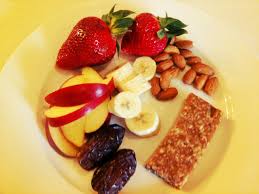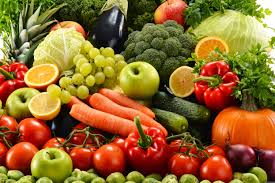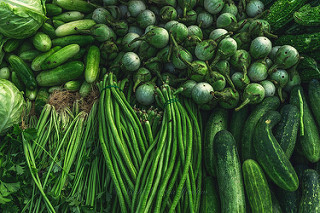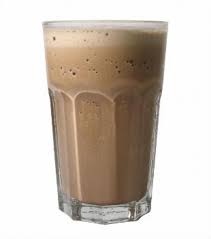Raw Food and Skin Health
What’s the largest organ in your body? It’s your skin! It provides a protective covering for the other organs of the body. It changes to regulate your internal body temperature. And it’s a good indicator of overall health and well-being.
People spend thousands of dollars on skin preparations to make your skin look vibrant and glowing. They’re all topical products – products that we put on top of our skin. But if we spent just a fraction of the money we spend on these preparations on RAW FOODS, we’d begin to see an immediate change in the texture of our skin.
When you eat raw foods, you put more of the essential vitamins and amino acids your body needs into it. You’re also adding moisture – naturally. Raw foods have a much higher moisture content than cooked foods, simply because the cooking process takes out so much essential moisture.
Your skin is a mirror of what’s going on in the rest of your body. And when your organs and blood are fed the nutrition they need to function properly, that shows in your skin. Get your vitamins and moisture from foods like apples and carrots. When you do, then phrases like “inner beauty” and “inner glow” will be applied to YOU. Your skin is what’s presented to the rest of the world and healthy, glowing skin makes the best first impression.
When you start adding raw foods to your diet, things will just naturally fall into place. You’ll feel better. You’ll look better. People will react to you more positively. You’ll have so much more energy for your work, your friends, and your family. And this kind of energy is a self-perpetuating thing. You don’t need self-help books and expensive moisturizers and plastic surgery. When your body and skin are getting their essential nutrition with raw, uncooked foods, you’ll look and feel your best, NATURALLY!
by Kevin Angileri




